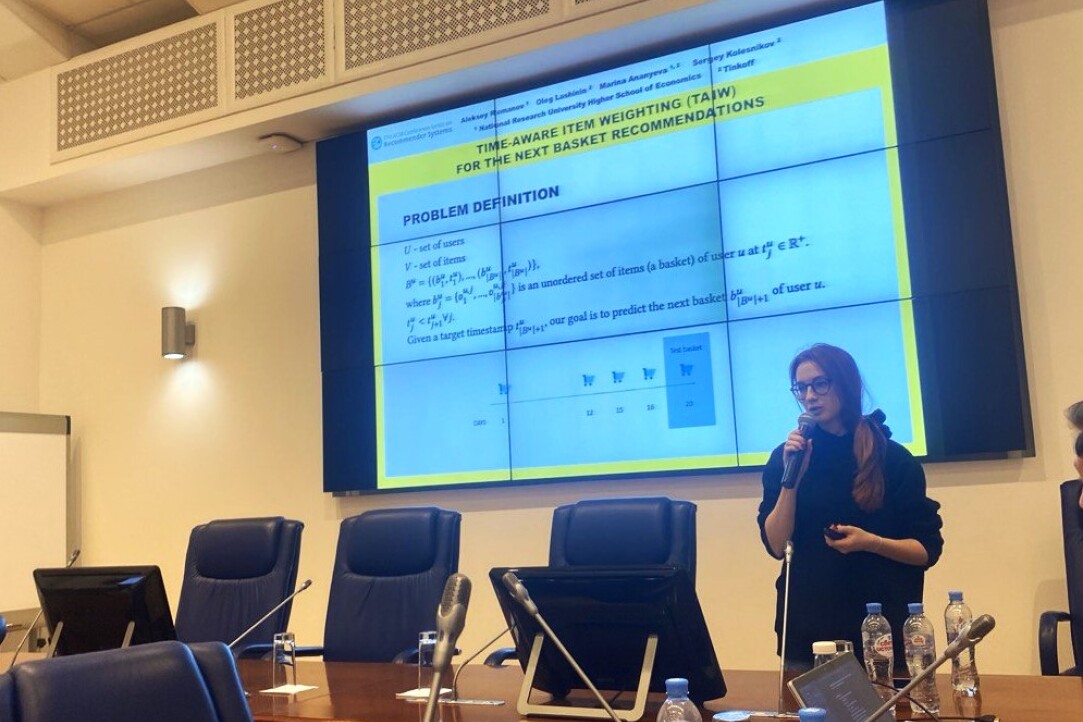Laboratory staff made presentations at a conference at the Higher School of Economics
Employees of the Laboratory for Models and Methods of Computational Pragmatics took part in the conference “Recommender Systems in Research and Industrial Applications”

On December 7, 2023, the conference “Recommender Systems in Research and Industrial Applications” was held at the Higher School of Economics, organized by the Research and Educational Laboratory of Matrix and Tensor Methods in Machine Learning of the Institute of Artificial Intelligence and Digital Sciences of the Faculty of Computer Science.
The conference was dedicated to the young and actively developing field of recommender systems, the methods of which, on the one hand, are studied in scientific publications, and on the other hand, are widely used in industrial projects. They are used in various areas including e-commerce, streaming platforms, social networks, etc. Recommender systems play an important role in business development. They help increase sales and profitability by offering relevant products and services to users, leading to increased conversion and increased revenue.
Members of our laboratory presented their reports at the conference.
Marina Ananyeva, PhD student and researcher at MMCP Lab, presented a report on the topic: “Time-aware next basket recommendations.” This study answers the question how to effectively incorporate time to recommend next bundles of items.
The head of the laboratory, Dmitry Ignatov, gave a presentation developed jointly with the research interns of the lab and HSE alumni, Alexandra Yakovleva and Yazag Meziane, “On Suboptimality of Exact Boolean Matrix Factorization Algorithms and Their Applications for Recommender Systems.” This study showcases how to apply Boolean matrix and tensor factorisation for Collaborative Filtering and touches on theoretical complexity and suboptimality issues with SotA BMF algorithms (see its previous version).
The conference was an excellent opportunity to exchange new developments, experiences and best practices with representatives of the scientific community and industry.
Information about the past conference can be found here.

